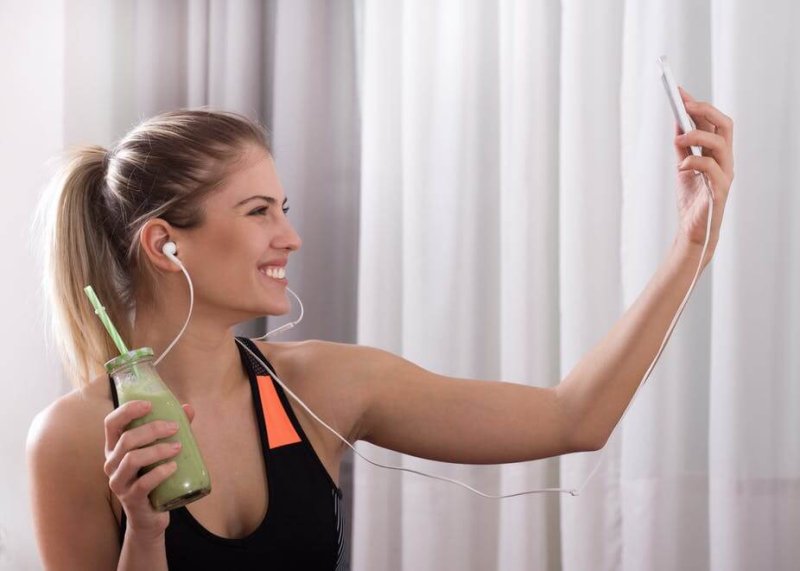The purpose of [“wellness influencer”] accounts is typically to sell “cleaner” or more “natural” products, but they don’t achieve that just by highlighting the merits of the actual product. They create a need for “clean,” “toxin free” and/or “natural” products by scaring consumers into believing that the alternatives are less safe, or even toxic.
…
However, even when presented with a science based explanation and evidence showing that their claims ignore basic science, many of these influencers decide to double down on their fear-based marketing tactics and label those that are trying to inform them as “industry shills” or simply, “haters.” That is what is called an ad hominem fallacy and is used to deflect the conversation away from the actual topic in an attempt to undermine the other person’s argument.
If consumers are legitimately scared of eating certain ingredients and foods because of false information, could it lead them to eating a healthier diet? It certainly could, but it can also increase anxiety based off of unnecessary food fears. Perhaps more importantly, it’s not actually teaching them anything about food or nutrition.































